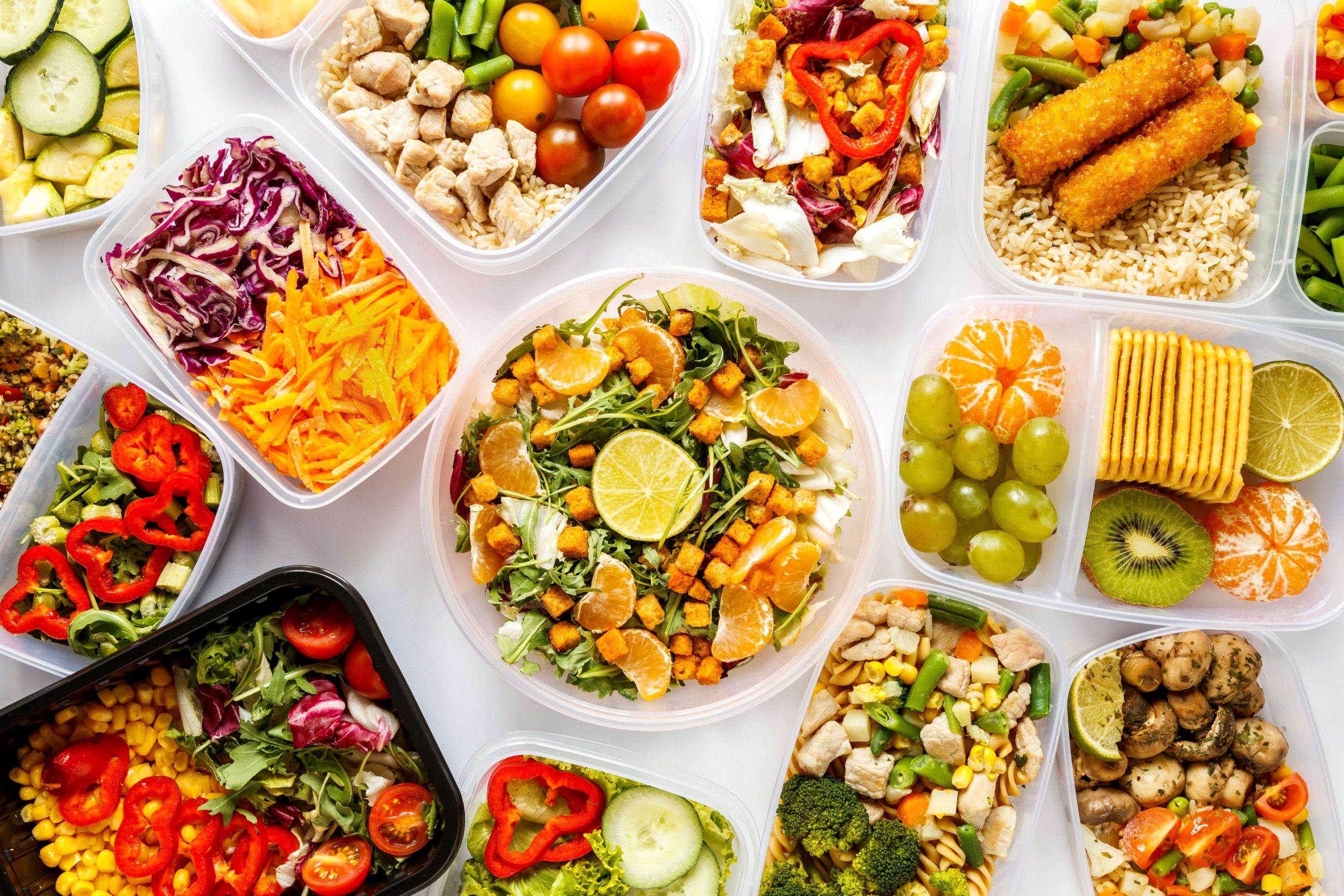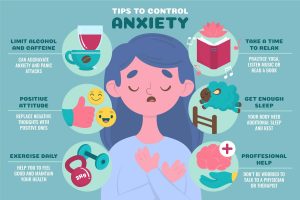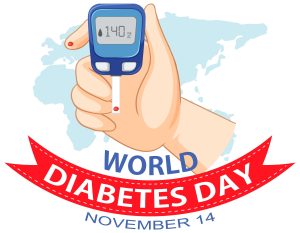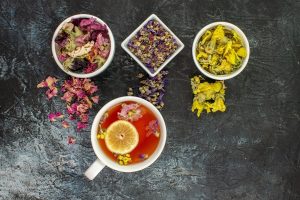Disclaimer:
This article is for information purposes only. It is not a substitute for medical advice or treatment. Seek medical care for your treatment.
In our day to day life, we come across many conventional causes of anxiety such as debilitating health, troubled relationships, joblessness, poverty, isolation, workload, trauma and violence.
Anxiety is our natural response towards the feelings of fear, uneasiness, tension, dismay, trauma or sudden demise of some loved one. Unpleasant experiences in past or childhood can trigger anxiety.
Around 275 million people suffer from anxiety disorder. In which approximately, 170 million are female sufferers, whereas, 105 million are male sufferers. Probably 40 million Americans have an anxiety disorder. Anxiety symptoms can make you uneasy. If you have an acute anxiety, you might spend your day by doing meditation, exercise, therapy or taking anti-anxiety medicines. Your eating habits also contribute to anxiety. Researchers emphasize that you can elevate anxiety symptoms by analyzing your diet. Unfortunately anxiety is triggered by some specific foods that we consume.
Symptoms of anxiety

Generally symptoms of anxiety are quite apparent. Some of them are mentioned beneath:
- Feeling restless and uneasy
- Having a sense of some forthcoming threat or panic
- Having high heart rate
- Hyperventilation
- Irritable bowel disorder
- Sweating
- Shaking
- Fatigued
- Recurrent thoughts
Food allergies and anxiety

Around 220-250 million people suffer from food allergies worldwide. In U.S. 32 million people suffer from food allergy. Young people having food allergies are more prone to have an anxiety disorder such as, separation anxiety, generalized anxiety and anorexia. Study revealed that parents suffering from food allergy noticeably have higher stress and anxiety levels as compared to parents having food sensitivity. Try to be mindful before buying food. Read labels and ingredients because certain foods can cause serious reactions. Identify and completely shun the ingredients that worry your health. Anxiety caused by certain foods can be managed rightly:
- Education and knowledge
- Nutritional counseling
- Support from groups or friends
- Medication
If you or some child needs help regarding health issues, don’t delay contact a professional.
Foods to avoid if you have anxiety or depression
Food can greatly influence your mood, stress physical and mental health. Certain foods can worsen your anxiety, depression and other health conditions. But food impacts every individual differently. Mentioned below are some foods that prompt anxiety and should be avoided strictly:
1) Fruit juice

Imbibing juices doesn’t give you the energy or benefits of the whole fruit. Juices are insufficient of fiber. Fiber in fruit satiates your hunger and stuffs you up and slackens down the process of how your blood takes in energy. Drinking juice bereft of fruit fiber is like consuming sweet, sugary water that can abruptly hype your blood sugar levels. This can leave you fatigued, hungry and agitated. Packed juices and beverages are a big ‘no’. Best is to eat whole fruit and drink water if you are thirsty.
2) Too much sugar
Eating excessive sugar leads to various other diseases like obesity, hypertension, depression, erratic moods, anxiety and tooth decay. Sugar casts negative impact on neurons and synapses in the brain. Sugar or sugary foods elevates the glucose levels in the blood, which energizes you at it peaks. As soon as glucose level drops the person feels erratic, fatigued and hungry. The initial vitality upraises from consuming sugar, keeps you hungering for sugary foods and beverages. The ongoing up and down in sugar levels release cortisol and adrenalin in the bloodstream which leads to anxiety and panic attacks.
3) Processed or fried foods

Junk foods like pizza, crispy chicken, burgers and fries have no nutritious worth and are very hard for body to assimilate. When the body is unable to break down and process food, excess gas, acid reflux and other gastrointestinal problems can give birth to anxiety. Persistent digestive health conditions for instance, GERD can lead to irregular sleep, rapid breathing and light vomiting caused by acid reflux.
Processed or canned foods such as canned soups, canned beans, cured meats and processed cheeses are rich in salt and Trans fats. Immoderate salt intake results in high blood pressure which puts unnecessary strain on your heart, generating the body to release adrenalin into the blood and causing anxiety and depression. The superfluous amount of sodium in processed and deep fried foods can upset neurological system. Try to eat healthy foods for healthy body and healthy mind.
4) Alcohol
It may seem to people that alcohol stamp out anxiety and stress but it can disrupt your memory, blood sugar levels, cognition, balance and sleep. Alcohol disturbs the levels of serotonin and the neurotransmitters in the brain, which aggravates anxiety. Drinking alcohol lavishly results in dehydration, hangover symptoms and anxiety.
Men should not quaff more than 2 glasses a day whereas; women should not exceed more than 1 glass.
5) Caffeine

A wide range of products can have caffeine in them, like coffee, tea, energy drinks, kola nut, chewing gum, coco beans or chocolate and certain pain relievers. Some people have tolerance for caffeine but some don’t because it arouses the nervous system. Too much consumption can result in palpitations, trembling, agitation, being erratic, insomnia and irritability. It hampers the absorption of certain vitamins, including vitamin B, which plays a substantial role in calming and soothing your body. 62% of Americans drink coffee regularly. But our habitual morning drink might worsen our anxiety symptoms. Excessive intake of caffeine flares up anxiety and nervousness and reduces the construction of the serotonin (feel-good chemical) in the body, which can leave you jittery. Caffeine disrupts the cycle of sleep and creates an energy gush. Caffeine in the energy drinks is similar to 10 soda cans. Little caffeine is not harmful but if taken excessively can result in agitation and anxiousness. According to FDA daily consumption of 400 milligrams of caffeine is not injurious to health. Think wisely about what you want to eat or drink.
6) Devious added sugar
It is nearly impossible to avoid sugar all the time, because it I naturally present in so many foods. In fact some foods don’t taste sweet, although they have sugar in them, for example salads, tomato sauces, dips, cereal, fruits, and condiments like ketchup. Sneaky added sugar can elevate your anxiety. So it is imperative to read the labels and descriptions before buying eatables. Added sugar spikes your blood sugar levels. The fluctuation in blood sugar levels can leave you erratic and apprehensive.
7) Refined carbohydrates

In Refined carbohydrates, fiber and nutrients are reduced by wiping off the germ and outer layers. Refined carbohydrates elevate the risk of diabetes, heart ailment and obesity. A study result showed that consuming refined grains caused anxiety and depression in women. There are two main types of refined carbs
- Refined sugar
- refined grains
Enlisted below are the examples of refined grains:
- white flour
- white rice
- white bread
- pastries
- crackers
- pasta
- processed food and snacks
Refined sugar comes from sugarcane, sugar beets and agave succulent, which are processed to extract the sugar. Refined sugar is unlike natural sugar which is found in fruits and dairy products. Refined sugars are:
- sucrose
- high fructose corn syrup
- agave syrup
- barley malt
- dextrin
Try to consume whole wheat cereals and breads for a healthy life.
8) Ketchup and dressings

Dressings are loaded with sugar. Some get sweetness from artificial sweetener known as aspartame, which ignites anxiety. Check the ingredients before purchasing or make your own healthy and safe dressing at home. You can also add pepper to make it tastier. Premade dressings can cause palpitations, anxiety, nervousness, insomnia and high blood pressure.
Ketchup is mostly made of tomatoes, sugar and salt. Store bought ketchup is rich in sugar and salt. Consumption of pre made ketchup can lead to anxiety and elevated blood pressure. Best is to make your own ketchup as per your preferences. You can add herbs and spices to add more flavors.
Conclusion
Food plays a notable role in the well being of our health. So, it is imperative that we should have genuine knowledge about food. One should know what is good and bad for themselves. Try to determine which foods you are allergic to and which foods aggravate anxiety and depression. In this regard, consult your doctor if you are clueless. A diet rich in whole fiber grains, fruits, vegetables, nuts and fish can keep you healthy and anxiety free. To combat anxiety it is necessary to change your unhealthy and lethargic lifestyle.




